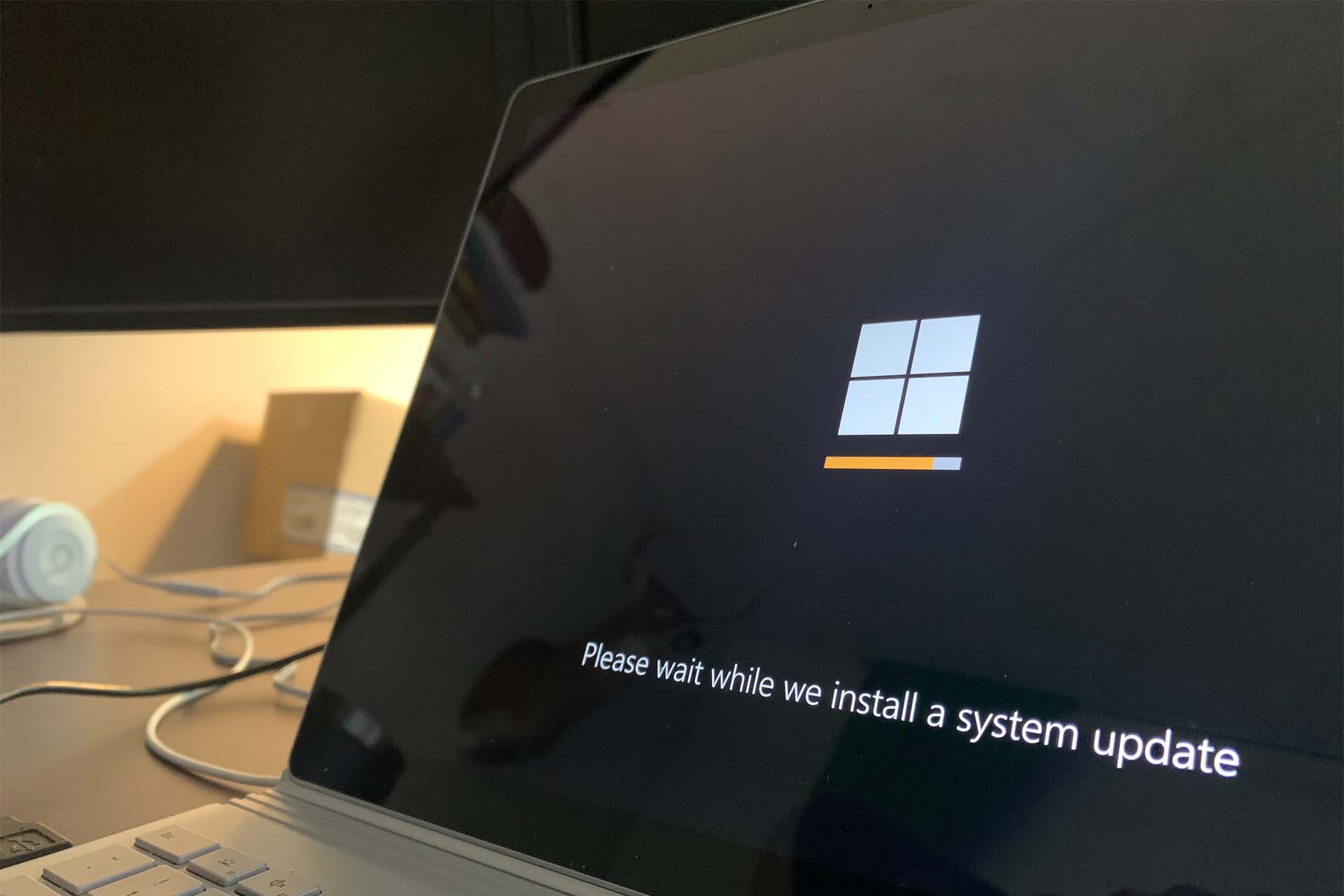Critical Vulnerabilities Found in Honeywell Experion Systems Pose Serious Threats to Industrial Infrastructure

Security researchers from Armis have recently uncovered nine critical vulnerabilities in Honeywell’s Experion distributed control system (DCS) products. These vulnerabilities, if exploited, could allow hackers to gain unauthorized access, remotely run code, and alter the operation of the DCS controllers. The potential impact extends beyond business disruptions, as these vulnerabilities pose a risk to critical industries, including energy, pharmaceuticals, and more.
Discovery of Critical Vulnerabilities:
Armis researchers discovered the vulnerabilities in Honeywell’s Experion DCS platforms, including the Honeywell Experion Process Knowledge System, LX and PlantCruise platforms, and the C300 DCS Controller. Seven of the nine vulnerabilities have been assigned a critical-severity rating. The researchers focused on the Control Data Access (CDA) protocol used for communication between Experion servers and C300 controllers.
The Nature of the Vulnerabilities:
The vulnerabilities primarily stem from the lack of encryption and proper authentication mechanisms in the CDA protocol. This flaw allows attackers with network access to impersonate servers and controllers, potentially leading to unauthorized remote code execution and manipulation of controllers and engineering workstations. Exploiting the vulnerabilities could result in production downtime, damage to industrial equipment, compromise of pharmaceutical batches and chemical compounds, and disruption of power distribution.
Potential Impact on Critical Industries:
The impact of these vulnerabilities is particularly concerning for industries like oil and gas mining, where Honeywell DCS systems are widely deployed. Compromising critical infrastructure can have severe consequences, including safety risks to human lives and complete operational outages. Recovery from such attacks can be challenging and costly, potentially costing organizations millions of dollars per hour.
Actions Taken by Honeywell:
Upon being alerted by Armis, Honeywell promptly addressed the vulnerabilities and released patches in June. The company has urged all affected organizations to apply the patches promptly. Honeywell spokesperson Caitlin E. Leopold emphasized the importance of isolating and monitoring the process control network while applying the available patches.
Conclusion:
The discovery of critical vulnerabilities in Honeywell Experion DCS systems highlights the growing importance of securing industrial infrastructure. The potential impact of these vulnerabilities on critical industries, including energy, pharmaceuticals, and others, underscores the need for swift action to mitigate the risks. Honeywell’s response in addressing the vulnerabilities and providing patches is commendable. Still, organizations must remain vigilant and promptly implement the necessary security measures to safeguard their operations and protect against potential threats to their infrastructure and human safety.


